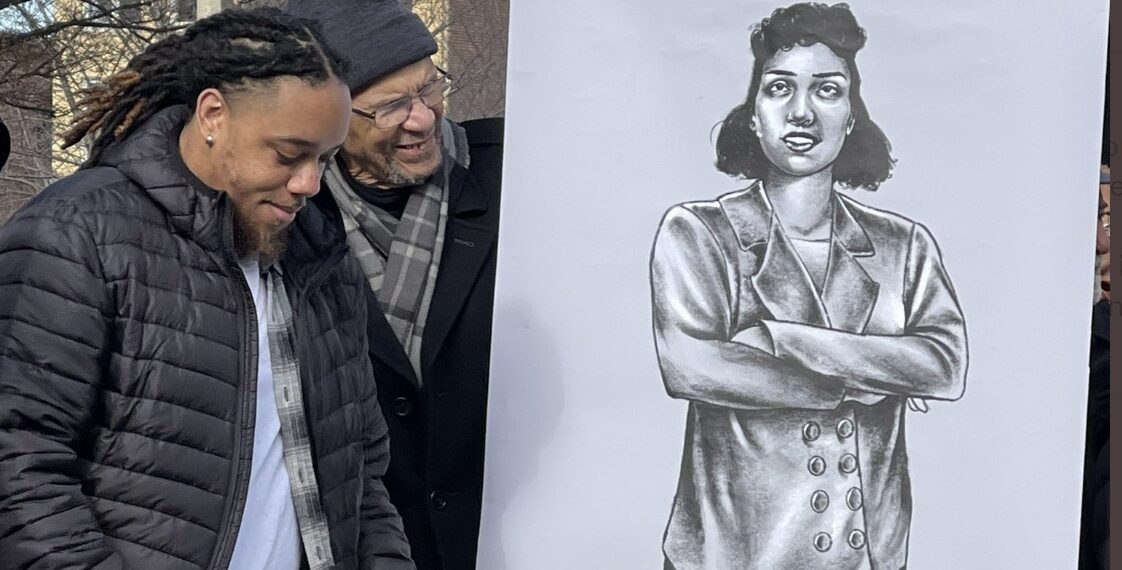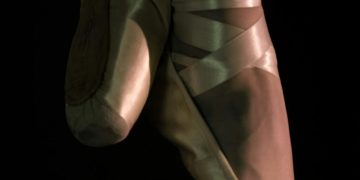Robert E. Lee’s statue, which was vandalized and destroyed during the 2020 Black Lives Matter protest in Virginia, will be replaced by a figure that honors Henrietta Lacks, the woman whose “immortal cells” led to many medical breakthroughs.
ABC News reported that a ceremony on Monday revealed a drawing of what Lack’s statue will look like. Artist Bryce Cobbs, who drew the statue’s model, was at the ceremony.
“The fact that I’m involved in this project means the world,” Cobbs said. “I’m humbled to be a part of history in this way and just to be trusted with the task of making sure that I just captured Mrs. Henrietta Lacks the best way I could.”
Larry Bechtel will sculpt the life-sized statue, which will be unveiled in October 2023 in her hometown, Roanoke, VA.
Also at the ceremony was Ron Lacks, Henrietta’s grandson, expressing he was honored to be at the monumental ceremony.
“This is an honor and a privilege to be here in Roanoke with my father, Lawrence Lacks, Henrietta’s oldest and only living child,” he said. “This historical moment, occasion, has been a long time coming.”
Lacks, a young mother, went to The Johns Hopkins Hospital in 1951, complaining of vaginal bleeding. This was one of the only hospitals that accepted Black patients. A gynecologist named Dr. Howard Jones examined Lacks and discovered a malignant tumor on her cervix, diagnosing her with cervical cancer.
According to Lacks’ family members, a sample of her cells was taken during her examination and sent to a lab for research without her consent and knowledge.
Scientists named them “HeLa” cells after Lacks died months later. They were called “immortal” because they lasted longer than other cells they encountered. Scientists say that HeLa cells have led them to save millions through medical developments like the polio vaccine, coronavirus vaccines, cancer treatments, AIDS treatment, and more.
Also at the ceremony was attorney Ben Crump, who’s helping the family in their lawsuit against biotech company Thermo Fisher Scientific for making a lot of money from Lacks’ cells without their permission.
“When you consider issues of genetic justice, reproductive rights, and stem cell research, there are a lot of historical figures who we like to suggest that their contributions changed the world,” Crump said. “Well, in the case of Henrietta Lacks, we have objective evidence. If I was in the court of law, I would say we have empirical evidence that Henrietta Lacks’ immortal cells literally changed the world.”








